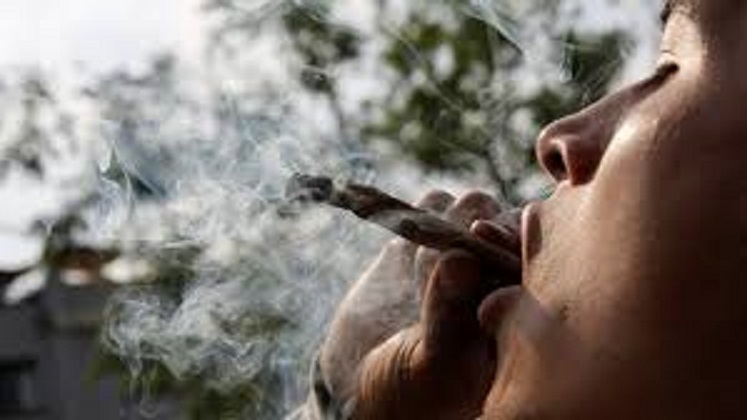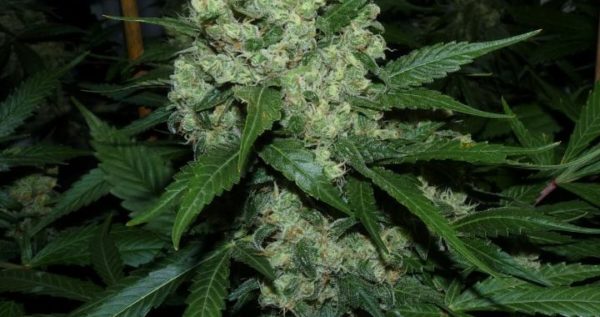Some people – whether they’re honest about it or not – don’t support cannabis law reform because of the sort of person who does support it. Because many unpleasant and dangerous people think that cannabis prohibition is a bad idea, some others have gone as far as to conclude that it must really be a good idea. As this article will show, it doesn’t matter that awful people support cannabis law reform.
Indeed, demographic analysis shows that the sort of person who supports cannabis law reform isn’t the same sort of person who is doing the best. According to Dan McGlashan’s Understanding New Zealand, the correlation between voting for the Aotearoa Legalise Cannabis Party in 2017 and net personal income was -0.48, meaning that ALCP supporters were among the poorest in the nation, about as poor as National voters are wealthy.
Voting ALCP in 2017 had a correlation of 0.66 with being a solo parent, 0.68 with having no formal academic qualifications, 0.79 with being on the invalid’s benefit, 0.82 with being on the unemployment benefit and a whopping 0.89 with being a regular tobacco smoker. This suggests that being a cannabis supporter is correlated with just about every measure of low social standing.
Clearly, cannabis isn’t a drug for people who are doing well in life. Fundamentally, cannabis is a medicine, and therefore it appeals primarily to people who are sick in some way. This is obvious from the strong correlation between voting ALCP and being on the invalid’s benefit, because many of those people have discovered cannabis in their desperation. It’s not surprising, then, that its supporters are generally people who aren’t doing well.
None of that matters when it comes to determining the fairness of cannabis law reform.
Many people don’t like to use objective, intellectual reasoning when they make decisions. As was understood by Edward Bernays, people often rely on the consensus opinion of the herd when they choose what car to buy, or what political party to vote for. More specifically, they rely on the consensus opinion of their peer group.
People who are in this category, and whose peer group are prejudiced against cannabis users, tend to be prejudiced against cannabis as well. Their reasoning follows the logic that, because the sort of person who supports cannabis has a low social standing, they can’t have devoted any real honest thought to the issue. However, this entire argument is based on a kind of snobbery. It’s little more than looking down one’s nose at another person.
In fact, it’s a classic example of an ad hominem fallacy. Just because an argument for cannabis law reform comes from a person who isn’t a highly upstanding member of the community doesn’t mean that the argument is false in any way. The logical validity of the argument for cannabis law reform has no relation to the social standing of the people promoting it.
Variations of the ad hominem fallacy have been used to oppose most other kinds of reform. Women’s suffrage was opposed by those who characterised its supporters as spinsters and shrews. Homosexual law reform was opposed by those who characterised its supporters as AIDS-riddled degenerates. In more recent times, capital gains tax reform has been opposed by those who characterise it as expropriation and its supporters as communists.
It’s also a circular argument to say that cannabis should be prohibited because criminals use cannabis. If cannabis is illegal, then of course only criminals are going to use it. So a person cannot then turn around and argue that, because only criminals use it, this is justification for keeping it illegal.
People who use this argument tend to portray cannabis users, and cannabis law reform proponents, as brutally immoral degenerates. Dealing cannabis is viewed not as bravely supplying a medicine in the face of a tyrannical political system, but as maliciously destroying other people’s brains for life. Cannabis dealers are equated to child molesters in terms of the suffering they bring.
Even if this absurd caricature was true, it wouldn’t matter. In much the same way that neo-Nazis have a fair point when they talk about the effect of mass immigration on social cohesion, and in the same way that ecofascists have a fair point when they talk about the effect of vehicle exhaust pollution on the world’s ecosystems, all those members of society’s underclass who support cannabis law reform have a fair argument to make.
Although it’s true that the strongest support for cannabis law reform comes from society’s underclass, individuals within that underclass aren’t necessarily there because they are evil or immoral. Most of the people who use cannabis are doing badly because they are ill, either physically or mentally – cannabis is ultimately a medicine, before it is anything else.
So just because a person is poor, or a criminal, doesn’t mean that their arguments in favour of cannabis law reform can be dismissed. To the contrary – it is often people like this who are at the front lines of the War on Drugs, and understand and accounting for their experiences is crucial if we are to set the world to peace and order.
*
This article is an excerpt from The Case For Cannabis Law Reform, compiled by Vince McLeod and due for release by VJM Publishing in the summer of 2018/19.




